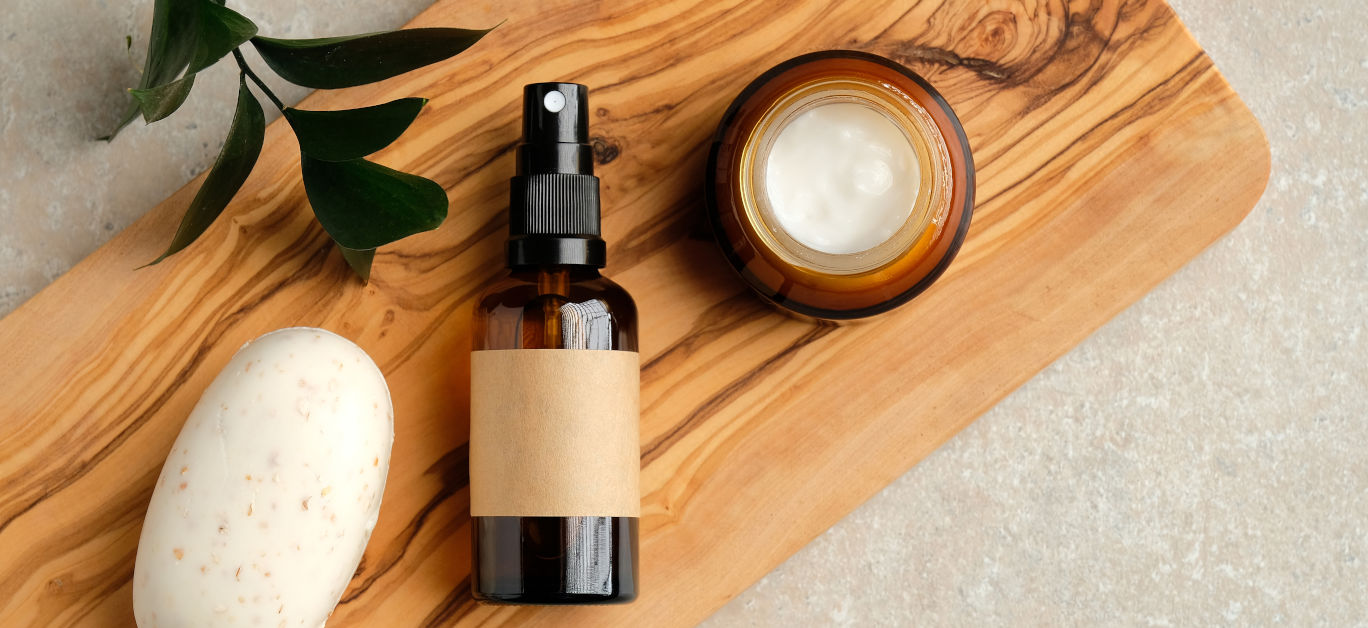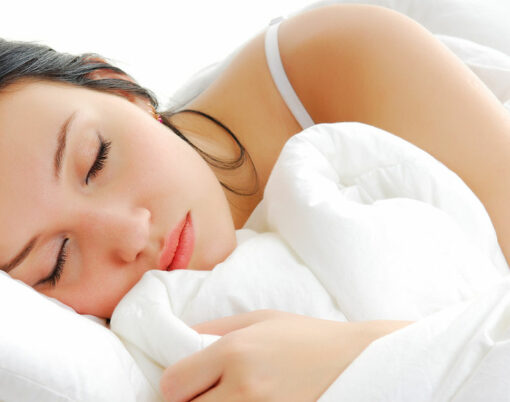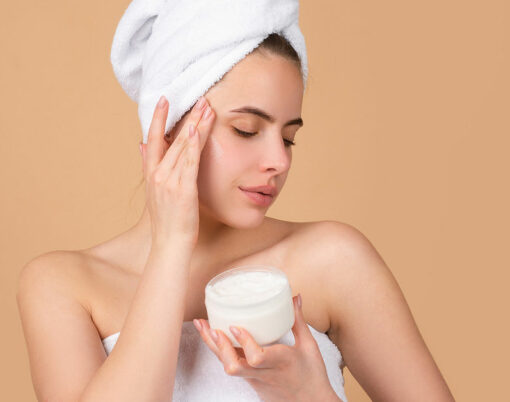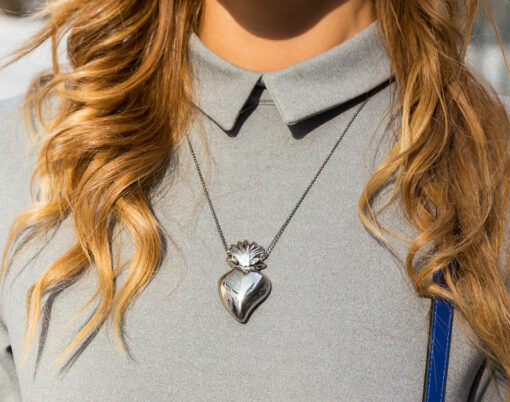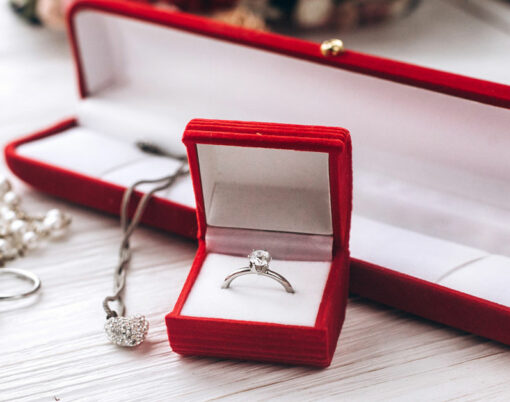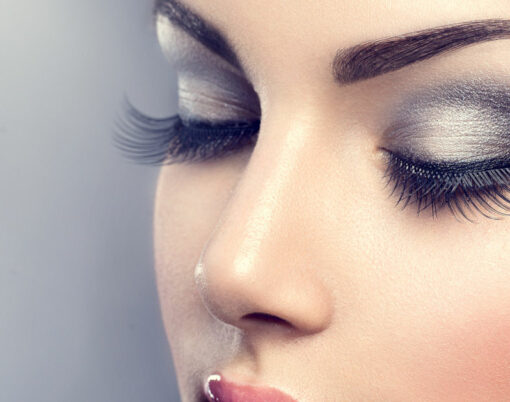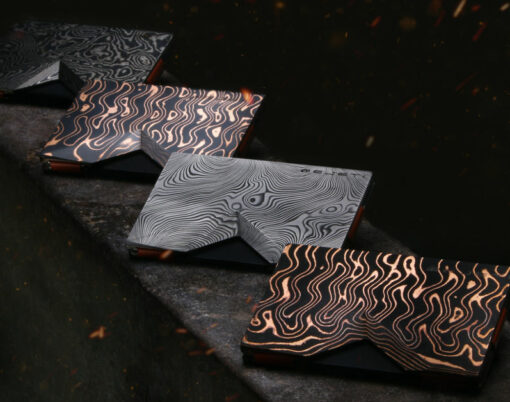The UK beauty industry is worth a staggering £27 billion, making it the third largest market in the country and of all the emerging UK health and beauty trends, natural beauty continues to go from strength to strength. This is driven by a range of factors: firstly, we’re now more educated about what goes on and in our bodies, and secondly, our awareness of the environmental impacts of this industry is growing.
Today, we’re more socially conscious and aware of plastic-heavy products, or the indirect effects of chemicals. With so many options to choose from and emerging trends, we’re all making a conscious effort to be more responsible with our self-care, and it’s this awareness that has seen the ‘natural beauty’ industry grow to a £220 million market.
What do we mean by ‘natural beauty’?
The term ‘natural beauty’ may sound like it refers to living a cosmetic-free lifestyle. In reality, its definition goes far beyond that. Embracing a ‘natural beauty’ lifestyle means choosing health and beauty products that are not made from chemicals, but rather natural derivatives. So, rather than relying on common high street chemicals including parabens, ammonia and sodium laureth sulfate, these products contain ingredients from plants, vegetables, fruits and minerals.
The natural beauty industry has extended to make up, skin care, hair care and hair styling. There is still some way to go before it matches the influence of the wider industry, but now we know exactly what is in these products, we’re making better choices.
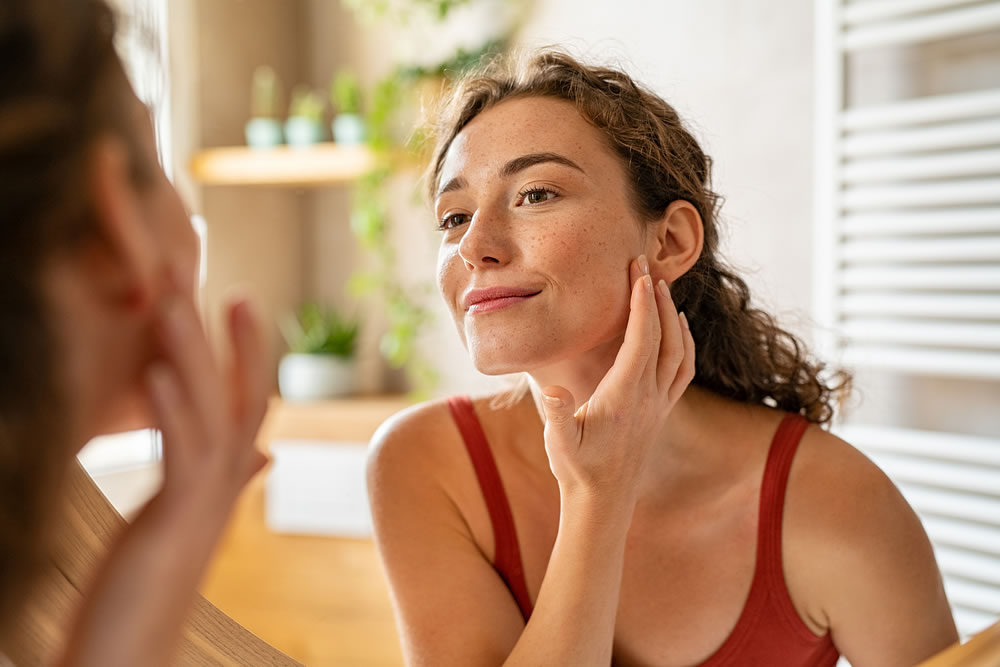
Why are chemical-based products bad for us?
Chemicals are commonly used in high street beauty products for cost-effectiveness. They often make a product more durable or make it last longer – such as foaming agents making shampoo go further. In some cases, they may improve the properties of the product – such as making a moisturiser more spreadable. However, for all these benefits, they may be having a detrimental impact on our health.
Chemicals in shampoo and styling products
One of the most commonly used ingredients in shampoo and shower gels is sodium lauryl sulfate. This is a foaming agent that helps to ‘degrease’ hair. However, it can strip hair of its natural oils, creating frizz and increasing brittleness.
Many hairspray products rely on phthalates to help fix the hair strands in place. Diethyl phthalate has been linked to endocrine disruption, which means it disturbs the delicate hormone balance we need to function correctly.
Chemicals in hair dye
Many hair dye products may now make the marketing claim that they contain ‘no ammonia’. Thankfully, the industry is waking up to the dangers of this chemical, so if this claim isn’t made on the packaging, the dye should be avoided. Ammonia is strong smelling and helps to bind dye to the hair, however it can dry out the hair and even cause respiratory problems.
Another widely used chemical in hair dyes is paraphenylenediamine, otherwise known as PPD. Again, this helps hair dye attach to the hair by removing any existing pigment, but too much exposure can lead to lung and heart issues, while it is also a known carcinogen. It is also a known irritant and can aggravate sensitive scalps.
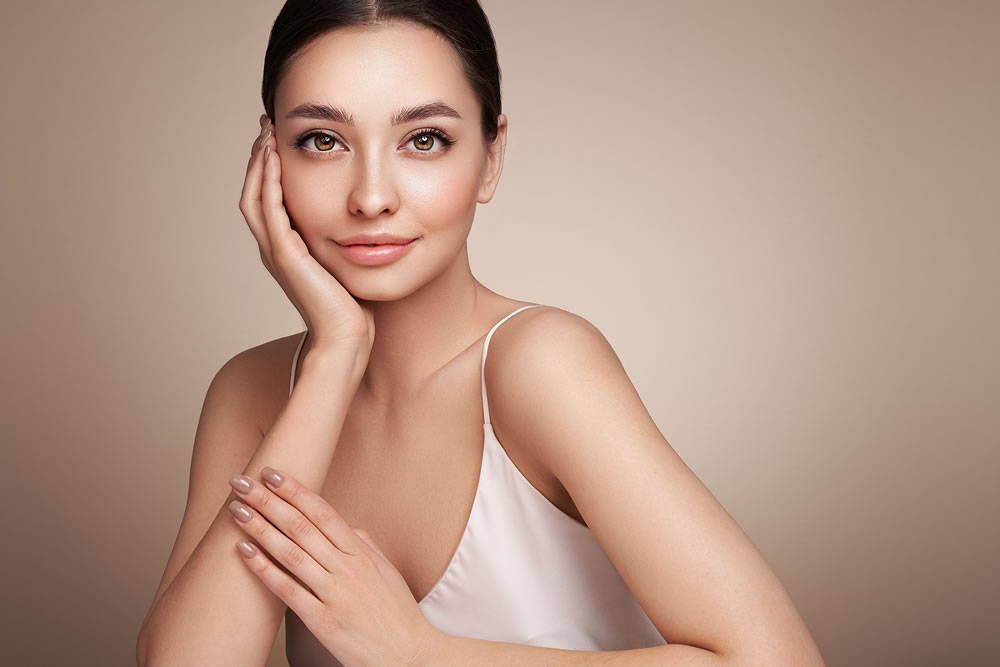
Chemicals in makeup
The makeup industry has attracted widespread backlash over the years for animal testing. Thankfully, animal testing is on the decline in the UK, dropping by 15% in 2020, but the industry may also be causing harm to humans.
Common cosmetics such as lipstick, blusher, mascara and eyeshadow may contain FD and C colour pigments. Depending on the colour used, these can cause oxygen depletion in the body. Likewise, FD and C colours are often made from coal tar, which may contain heavy metal salts, leaving toxins and irritants in the body.
Butylated hydroxy tolulene, also known as BHT, is found in lipstick, lip glosses and skin creams. This can penetrate the skin and remain in fatty tissues, causing free radicals that can damage cell DNA – a known cancer risk.
Chemicals in skin care
We like to think we would only put safe products on our skin, but there are many nasty ingredients hiding in high street skin care. One of the best-known chemical ingredients is parabens. Like phthalates, these can cause endocrine disruption, affecting a number of our bodily processes. Common ingredients include propylparaben, butylparaben and isobutylparaben.
We might also consider petroleum jelly harmless. While it’s marketed as such, the formula can stop the skin from doing its job – blocking the immune barrier. This means the skin cannot breathe properly, which causes it to release toxins. These may turn into spots or other skin problems.
What are the natural alternatives to these products?
Thankfully, there are now more natural alternatives than ever – relying on plant-based ingredients to give our hair and skin the goodness they need.
Natural hairstyling products
Henna is a great alternative to high street shampoos, and is available in shampoos and conditioners from brands such as Surya Brasil. For all-day long hold, Peace with the Wild manufactures sea salt spray, which is vegan, UK-made and plastic free.
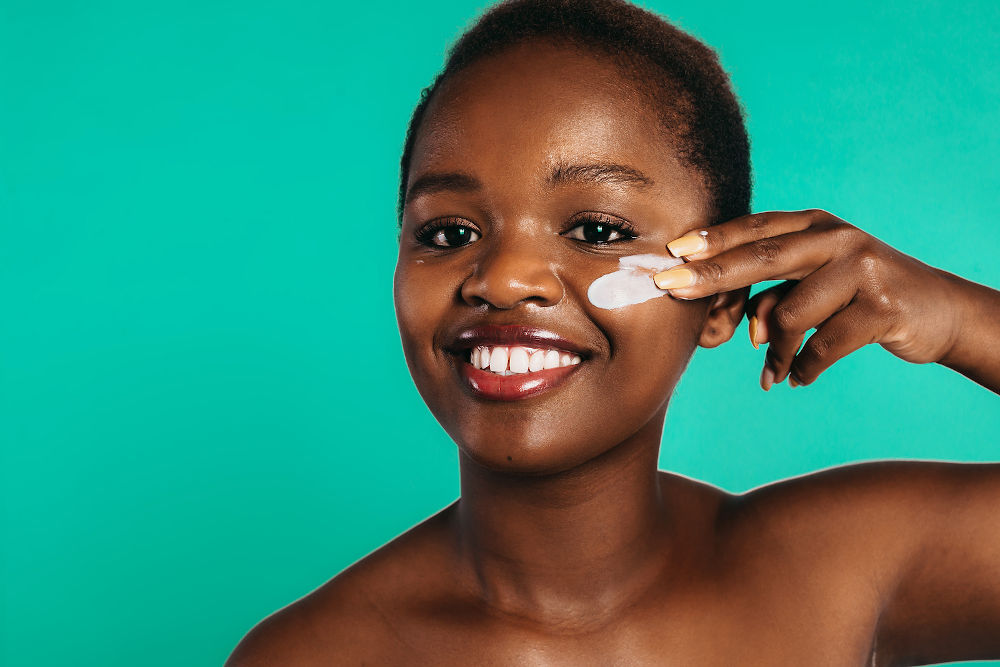
Natural hair dye products
Again, natural henna hair dye offers a natural alternative without harmful ingredients such as PPD. There’s a range of colours available, ideal for accentuating red, brown and blonde hues – available in creams or powders. If you are looking for henna hair dye, take care not to choose ‘black henna’. This is in fact an unnatural product and uses additional chemicals to supplement the black colour. Natural henna is red or brown in appearance.
Natural makeup products
For a comprehensive choice of eyeshadows, foundations and lip care, the Ecco Verde range is ideal. The brand focuses on eco-friendly alternatives and has up to 99.55% natural ingredients – including antioxidants.
Natural skin care products
In keeping with the eco-friendly theme, Green People is even named after the cause! The UK-based company offers a selection of sun creams, anti-ageing creams and face washes without harmful chemicals. Instead, they rely on natural ingredients such as green tea, chamomile and seaweed.
Natural beauty: How you can choose friendlier products for your body and the planet
While it may be time-consuming to trawl through the ingredients lists on each and every item you buy, there are easier ways to take care of yourself and the world around you. When buying natural beauty products, remember to look out for non-presence of harmful ingredients, e.g., labels saying ‘no parabens’ and look for approval from organisations like the Vegan Society. Remember social responsibility – ethically sourced products may be labelled with certifications such as Fairtrade, and also don’t forget to test new products on a small patch of skin to ensure you don’t have an allergic reaction.
If in doubt, keep it natural!












